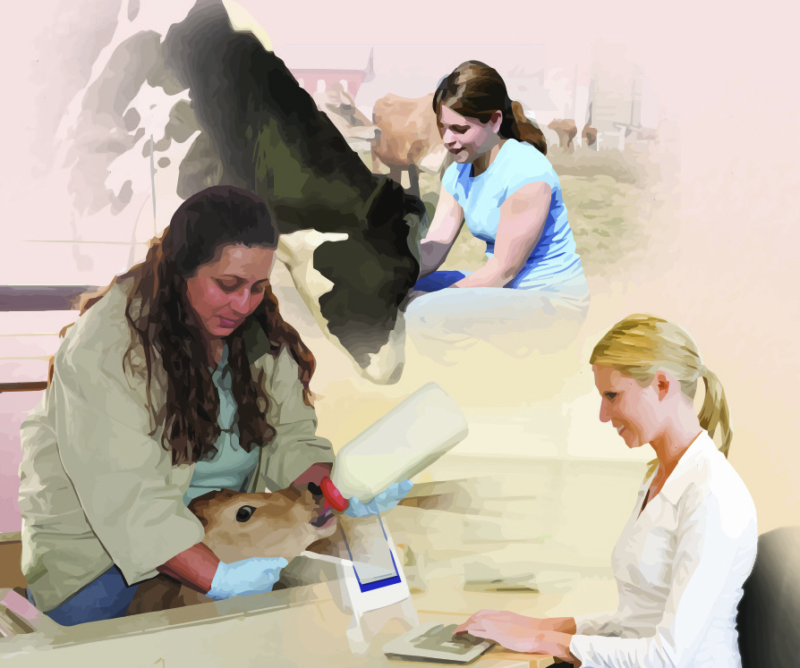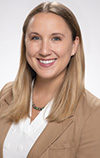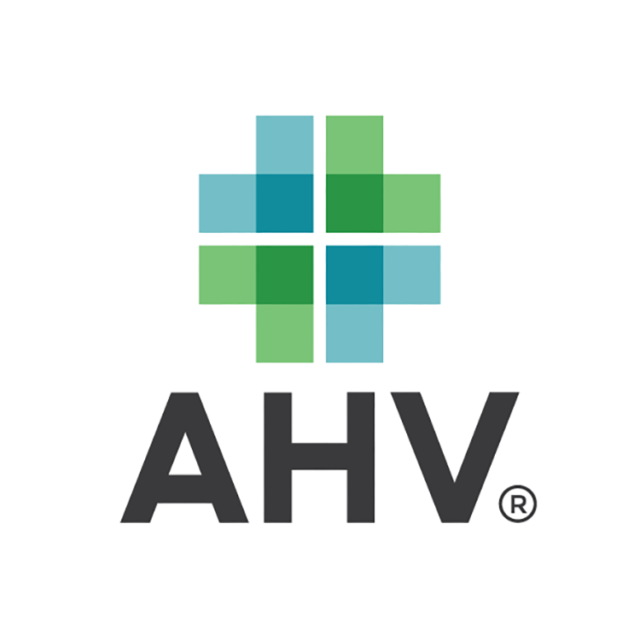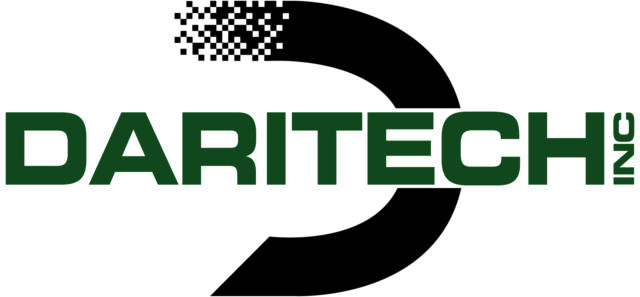As you may have read already, I have been leisurely making my way through a variety of professional and personal development books. Most recently, I’ve been reading and sharing my thoughts from The Best Yes by Lysa TerKeurst as I work my way through the book.
If you haven’t read my first or second article, the premise of this book is that we only have so many “yes” answers in a day. She answers questions like: How do we determine what we say yes to? And how do we use our faith, long-term goals and core values as guidance?
While making it through the second half of the book, chapters 11 and 12 stuck with me, especially these three concepts:
- Having a physical limit set on the amount of “yes” answers you have to give and how you measure and implement that.
- The concepts of appointments and disappointments going hand-in-hand.
- Dealing with the awkwardness after you say no – especially if it’s to someone you know and admire.
At first the physical limit on how many times you said “yes” sounded a little too structured for me … there are a lot of nuances you need to manage in your life and your schedule, and every “yes” is weighted differently. As I kept reading, I realized I’ve put this into practice recently, even before reading this book.
Over the last few years I’ve come to an understanding that I don’t have the time to accept every invitation to volunteer in the industry – getting married, looking for a forever home, starting a family and really digging into my new career are my key priorities. To make sure I allow time for these bigger priorities, I realized that I had the most time and energy available for two heavily involved leadership volunteer positions within Young Dairy Leaders Institute (YDLI) and Dairy Girl Network. That has meant saying “no” to long-term volunteer posts elsewhere – however, as my schedule allows, I do hold space for short-term opportunities, like volunteering as a judging contest official for a day. This allows me to maintain my relationships with other organizations, in hopes that these open back up as my life evolves and my priorities shift.
This doesn’t have to be a strict practice. Especially when our industry and farming can be very unpredictable. Sonja Galley from Silver Spoon Dairy LLC in central New York shared with me in my first article, “I don’t have a certain number of things per day I will say yes to – but I have a process I go through to help me decide what I can commit to. There are certain things that have to happen every day; what I’m able to do beyond that depends on the urgency, importance and funness of what I have to choose from.”
The last two points I shared work in sync with one another – appointments and disappointments and managing through awkwardness after saying no. When you are faced with an unrealistic request, especially from a friend, colleague or someone you admire, it is hard to say no for fear of disappointing them. However, fear shouldn’t drive your decisions. I love the point TerKeurst made, "The awkwardness of saying no is always less than the regret of saying yes to something that’s not meant for you." The key here is to stay honest with them and yourself. It will require some courage and vulnerability.
Life is a balancing act, and it will inevitably lead to disappointments because not everyone gets the end result they were hoping for. However, being honest with yourself and those you say “no” to will be better for both of you in the long run. With every disappointment comes an appointment that was meant for you or someone else. For example, I’ve had to take a step back from Dairy Bowl coaching. I am still holding space to help, but I do not have the capacity to lead right now. While this may be disappointing to some of the parents, kids or volunteers, it has opened the door for younger peers to step in and have the opportunity to lead this program. My disappointment led to their appointment.
What I love about this book is that it has helped me understand that finding peace with our decisions is important, even when they come with the sting of missed opportunities or unmet expectations. I am so happy my friend and two-woman book club partner, Dorothy Tate, encouraged me to read this book and that I have the platform to reflect on it with all of you.











